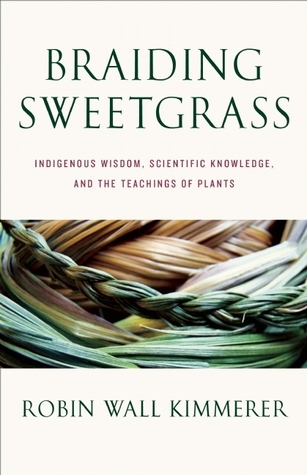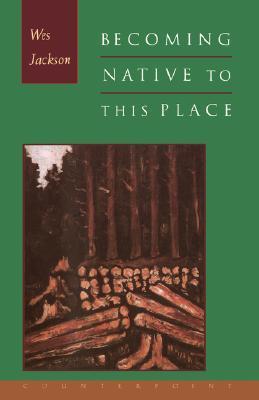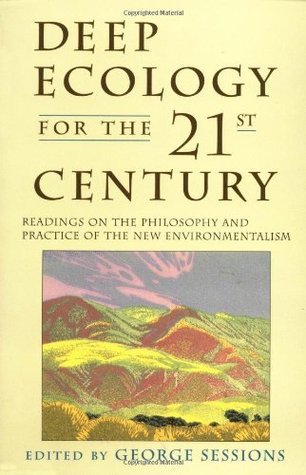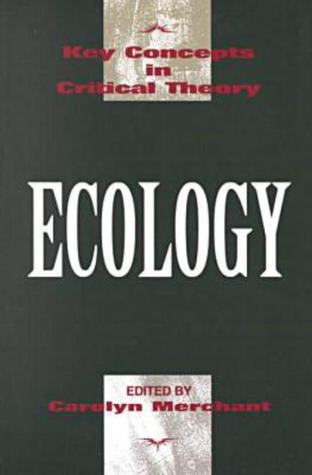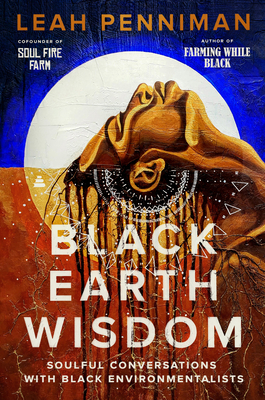
Black Earth Wisdom: Soulful Conversations with Black Environmentalists
Book Description
Voices of the earth rise up in a powerful chorus as Black environmentalists share their truths, struggles, and visions for the planet in "Black Earth Wisdom." This gripping collection unveils the intersection of race, culture, and the urgent fight for environmental justice. Each conversation pulses with passion, revealing personal stories that illuminate the resilience of communities facing ecological crises. As the pages turn, the palpable connection between identity and nature ignites a movement that demands attention. What happens when the ancestral wisdom of the land meets the fervor of modern activism? Discover the transformative power of these stories and the call to action within.
Quick Book Summary
"Black Earth Wisdom: Soulful Conversations with Black Environmentalists" by Leah Penniman is a compelling anthology that brings together the voices of Black environmentalists, thinkers, and spiritual leaders who are reshaping how we understand ecological justice. Through intimate interviews and essays, the book highlights the lived experiences, challenges, and enduring connections that Black communities cultivate with the land. It weaves together narratives of survival, activism, and ancestral wisdom, demonstrating how environmental work is deeply tied to culture, identity, and spirituality. Each story serves as both testimony and a call to action, urging readers to recognize the necessity of inclusive, intersectional approaches to environmental stewardship. "Black Earth Wisdom" is ultimately an invitation to honor both Earth and the communities who have long fought to protect her.
Summary of Key Ideas
Table of Contents
Honoring Ancestral Wisdom and Land Connection
Through insightful interviews and reflections, "Black Earth Wisdom" foregrounds the often-overlooked relationship Black communities have maintained with the land across generations. Contributors share stories of farming, foraging, and ecosystem care that predate and persist despite legacies of violence and dispossession. These narratives shed light on the deep well of ancestral knowledge—practices and philosophies for sustainable living and mutual respect—that is both a source of pride and a blueprint for repairing our fractured relationship with the Earth.
Environmental Racism and Social Justice
The book exposes the realities of environmental racism, recounting personal and collective encounters with pollution, land theft, and exclusion from decision-making. By centering Black experiences, Penniman and her interlocutors reveal how marginalized communities disproportionately bear environmental burdens. The conversations stress the importance of environmental justice as inseparable from racial justice, urging readers to challenge systems that prioritize profit over people and to value the voices of those most impacted by environmental harm.
Spirituality as a Guiding Force in Activism
Spirituality emerges as a profound motivator and sustainer of environmental activism throughout the anthology. Participants discuss how their connection to land is inseparable from spiritual traditions, from reverence for ancestors to rituals that honor natural cycles. This spiritual foundation provides resilience and clarity in the face of adversity, fostering a sense of purpose and belonging. The text illustrates how integrating spiritual practice into activism galvanizes individuals and communities alike, nurturing hope and transformation.
Community-Centered Environmental Solutions
Community-driven solutions surface as powerful responses to ecological crises. In the dialogues, environmentalists describe grassroots initiatives—urban farms, mutual aid networks, and educational programs—that empower neighborhoods and foster collective healing. By prioritizing local knowledge, shared leadership, and resourcefulness, these approaches directly counter narratives of helplessness, celebrating Black ingenuity and the spirit of cooperation. The book suggests that true environmental progress lies in uplifting those most intimately connected to the struggles and gifts of the land.
Healing and Empowerment through Nature
Embedded throughout is a message of healing—personal, communal, and ecological. Contributors testify to the redemptive and empowering aspects of reconnecting with nature, reclaiming land, and reimagining futures beyond oppression. By honoring Black earth wisdom, the book calls all readers to commit to ecological justice not only for survival but for the flourishing of all beings. "Black Earth Wisdom" is insistently hopeful, offering a vision of what is possible when marginalized voices are centered and ancestral guidance leads the way.
Download This Summary
Get a free PDF of this summary instantly — no email required.
